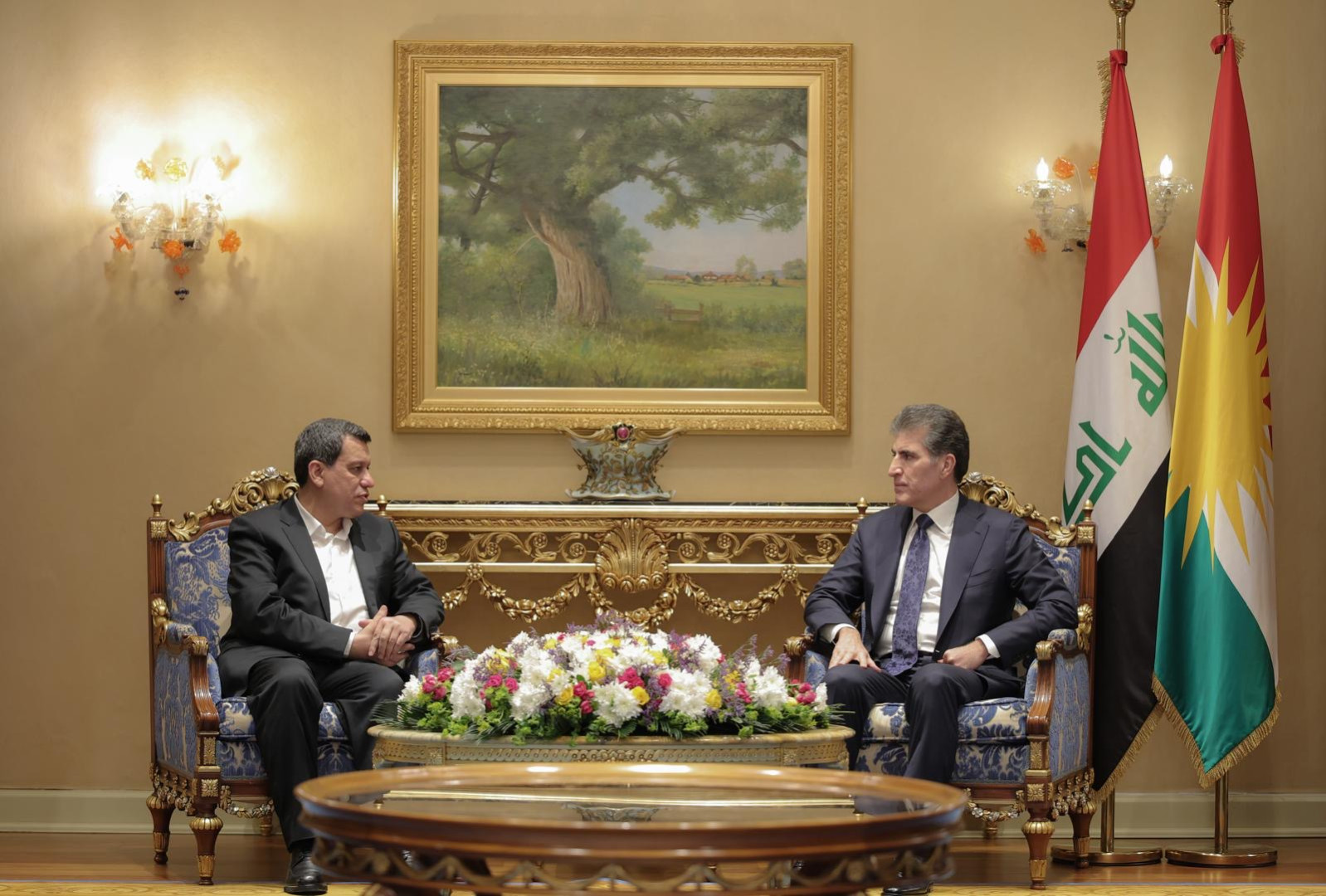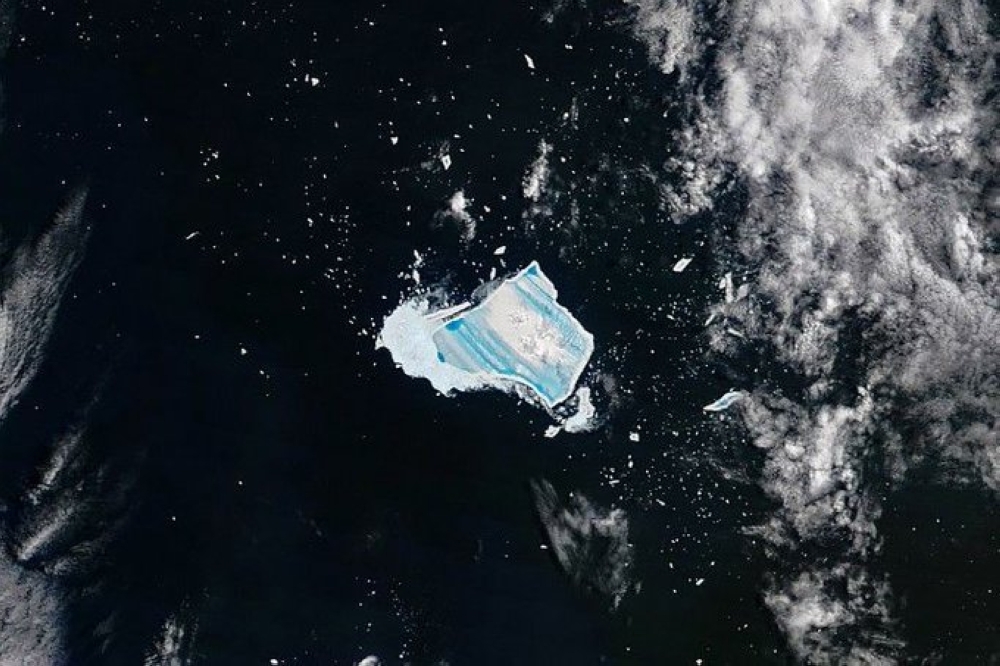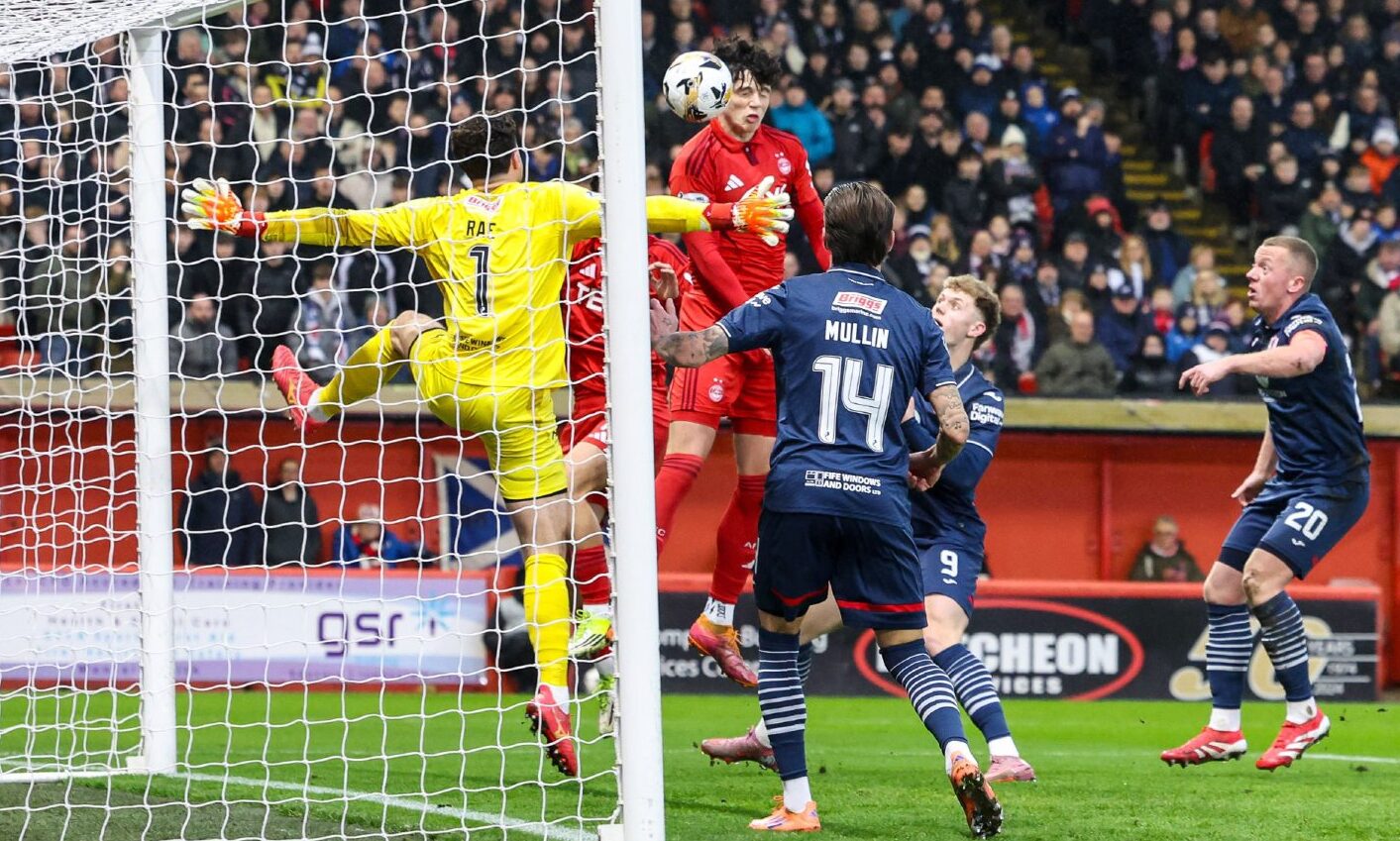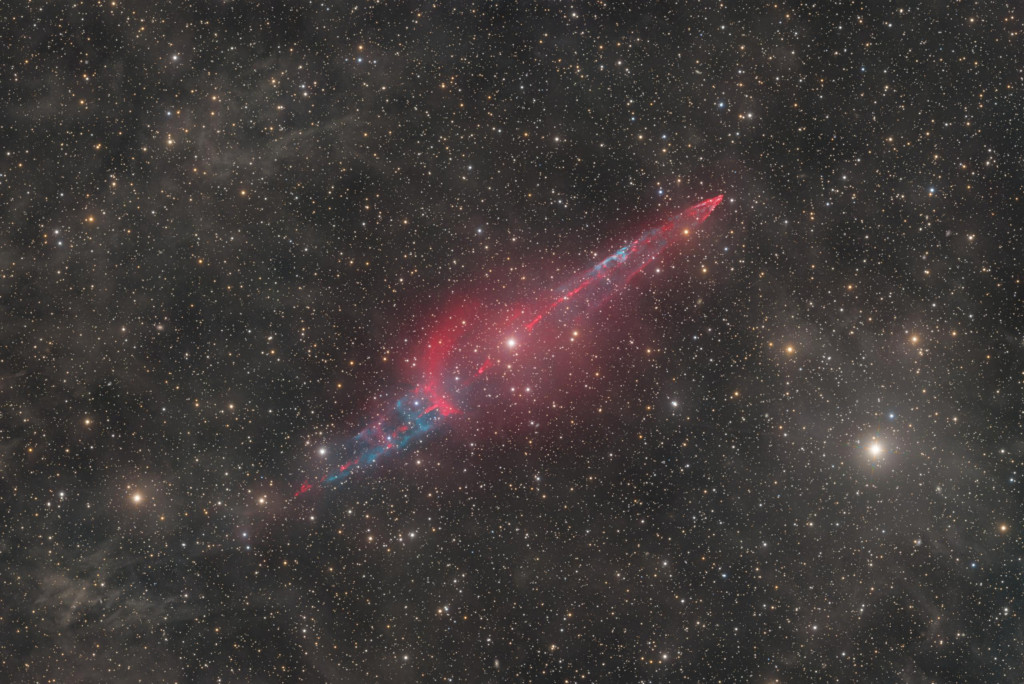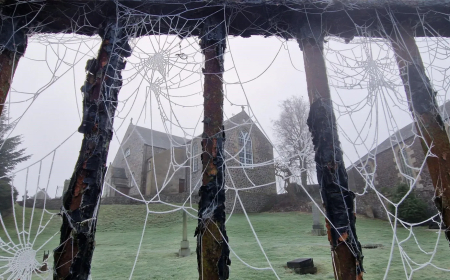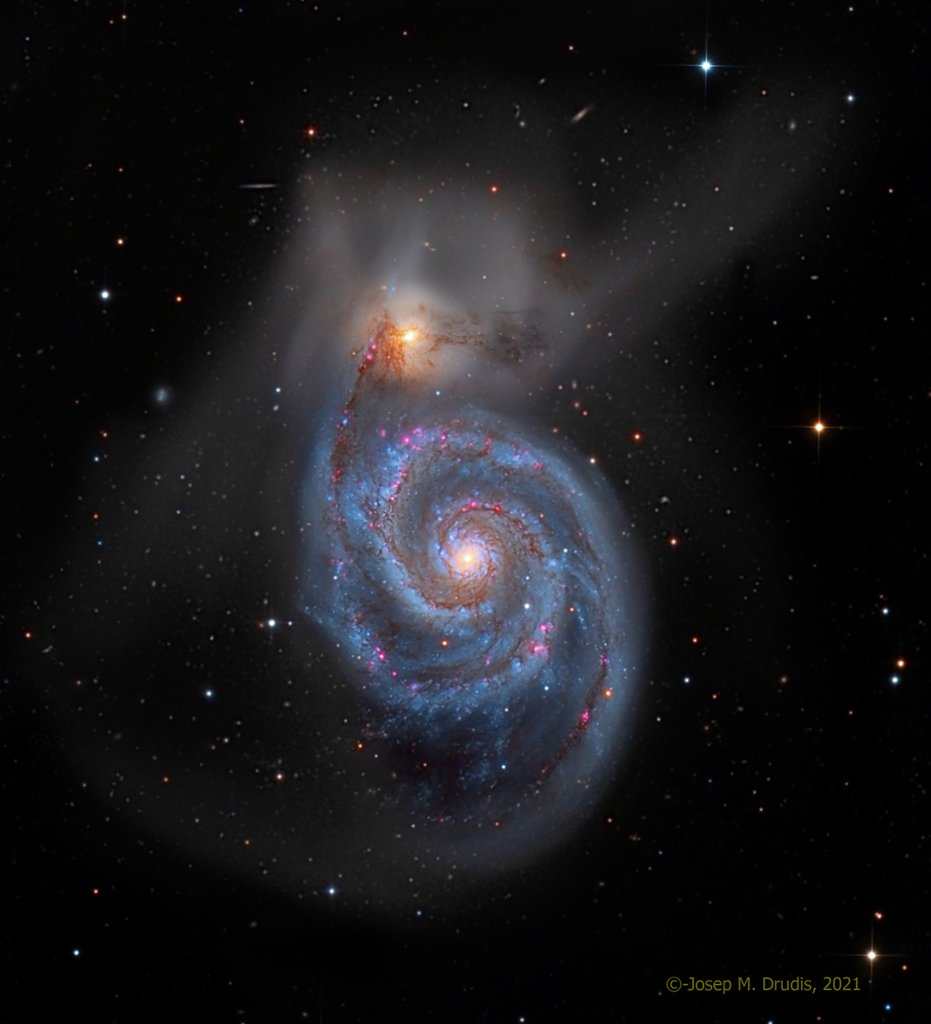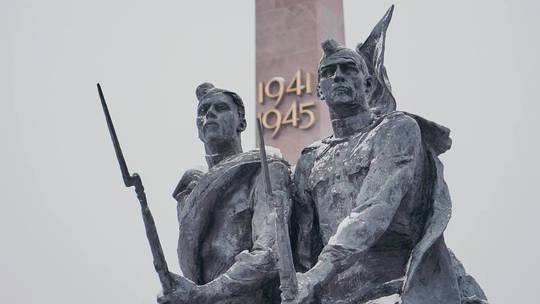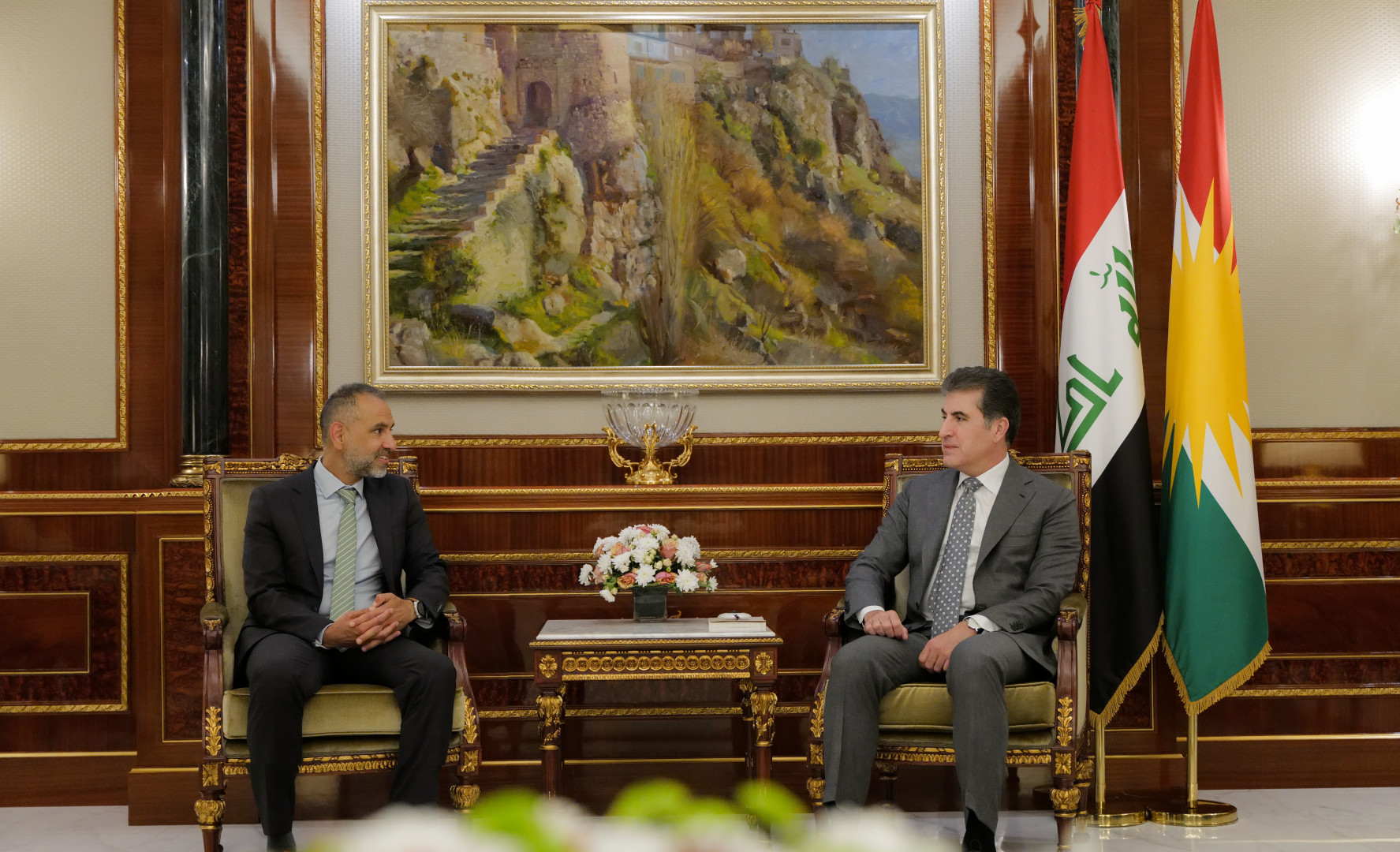Despite internal rifts over Russia’s reliability, Iran pushes closer to Moscow
Iran's national security chief, Ali Larijani, met Vladimir Putin in Moscow this week to deliver the Iranian supreme leader's message, underscoring Tehran's deepening but uneasy reliance on Russia as postwar realignments reshape the regional balance.

TEHRAN — The secretary of Iran's Supreme National Security Council, Ali Larijani, made a surprise visit to Moscow on Thursday, where he delivered a personal message from Supreme Leader Ayatollah Ali Khamenei to Russian President Vladimir Putin. The trip, disclosed by Iran's state media only after it occurred, has stirred speculation in Tehran about its timing and purpose, and what it reveals about the evolving Iran-Russia relationship in the aftermath of the June war between Israel and the Islamic Republic.
According to the official IRNA news agency, Larijani and Putin discussed bilateral relations, economic cooperation, regional developments and international affairs. Precise details on Khamenei's message and any concrete agreements have remained unreported, as Larijani merely confirmed the meeting and shared on his official Telegram channel an archive photo of a previous handshake with Putin.
Larijani's mission to Moscow comes at a delicate moment for Tehran. Since the June conflict — when Israeli strikes on Iranian nuclear sites, scientists and military assets sparked an intense 12-day confrontation — Iran has adopted a posture of caution and recalibration in its foreign and regional dealings. While the war underscored Israel's enduring military advantage, it also revealed Tehran's growing diplomatic isolation — even its traditional partners were reluctant to align with it amid the coordinated US and Israeli strikes on Iranian sites. The subsequent ceasefire, largely brokered behind the scenes by Arab powers and the United States, remains fragile amid deep-seated animosities between the Islamic Republic and Israel.
The visit's timing is no coincidence. Just a week earlier, Putin publicly disclosed that Israeli leadership had told him that it has no intention of further confrontation with Iran. "We continue confidence-based contacts with Israel," Putin said at the Central Asia-Russia summit in Dushanbe on Oct. 9, adding that Israeli leaders had asked Moscow to communicate the message to Iranian officials. The statement was widely treated by Iranian media as evidence of Moscow's growing role as a mediator between the two regional adversaries.
Syria connection
Larijani's trip also followed a high-profile meeting between Putin and Syrian President Ahmed al-Sharaa, the Islamist leader who took power earlier this year after a lightning militant advance that led to the fall of Bashar al-Assad, one of Iran's closest regional allies.
Sharaa's visit to Moscow on Oct. 15, against the backdrop of tense ties between Tehran and Syria's new leadership, has fueled speculation in Iran that the Kremlin may be positioning itself as the chief broker in a potential regional arrangement that sidelines Tehran.
Against such a backdrop, Iranian social media has been abuzz with other theories, including Putin mediating a broader diplomatic track involving Iran, Syria and possibly Israel, with many highlighting the near simultaneous presence of Larijani and Sharaa in Russia.
The government has offered little to no clarification, but for seasoned Iran watchers, Larijani's visit fits within the familiar pattern of his high-level, opaque missions aimed at preserving Tehran's relevance amid regional developments it can no longer fully control.
Political class split on Russia's reliability
Since Russia’s full-scale invasion of Ukraine in 2022, Iran has become one of Moscow’s few reliable partners. Iran has supplied Russia with drones deployed against Ukrainian targets, while Russian oil companies have invested in Iranian economic projects.
Yet the relationship remains uneasy. Iran’s elites are divided over how much trust to place in the Kremlin. Reformists and moderates view Russia as a self-interested power, using Iran as a bargaining chip in its global calculations and confrontations with the West. Iran's hard-liners, by contrast, see Moscow as a strategic ally in a shared struggle against US dominance and hegemony.
The split underscores Iran's current predicament: strategically dependent on Russia, yet increasingly aware of the costs of that alignment — from stalled energy and defense deals to Moscow’s deepening engagement with Israel and Syria.
That Larijani personally carried a message from Khamenei to Putin could raise questions about what Tehran hopes to gain from its relationship with the Kremlin, and the secrecy surrounding the content suggests it is an issue of key importance to Iran's supreme leader.
The visit could thus reflect Tehran's anxieties about postwar isolation as it seeks assurances that Moscow will avoid trading away Iranian interests for broader deals.
Since the June war, Iranian officials have pursued a dual track. While military commanders have warned that any future Israeli attack would be met with decisive retaliation, diplomats have quietly signaled a willingness to avoid a renewed confrontation. The country’s mounting economic woes, combined with the risk of domestic unrest, have reduced the ruling establishment’s appetite for escalation with Israel.
The visit to Moscow by Larijani — a pragmatist — represents more than diplomatic routine. It reflects the strategic balancing act of maintaining alignment with Russia while exploring deescalation with Israel.
Strategic dilemma
Inside Iran, the debate over Russia rages. It centers on a key challenge: how to engage Russia without becoming subordinated, and how to navigate regional shifts that increasingly unfold beyond Iran’s control.
"Russia is an important country in our vicinity," said Iran's former foreign minister and the architect of the 2015 Iran nuclear deal, Mohammad Javad Zarif, during an academic conference in the city of Tabriz on Thursday.
"But Russia has a red line: to ensure that Iran never builds peaceful ties with the outside world."
Tehran is doubling down on its partnership with Moscow even as it quietly worries about being left out of the new diplomatic geometry particularly emerging from the recent Gaza ceasefire and the post-June recalibration.
But Moscow's growing leverage also exposes Tehran's limits. While Putin may deliver messages between Iran and Israel, it is the Kremlin, and not the Islamic Republic, that now controls the tempo of communication.
[Source: Al-Monitor]

